Can a Wire Carry a Current and Still Be Neutral
With the sum of charge in the nucleus and the delocalized electrons being neutral, a wire can carry a current and still be neutral. That means it can have a total charge of zero and conduct current simultaneously.
Generally, conductors transmit current using delocalized electrons in their structure due to the applied electric field. But since there has to be a balance, the charge in the nucleus and valence electrons will omit each other. Other than that, the neutral wires in single-phase circuits also carry current without any resultant charge.
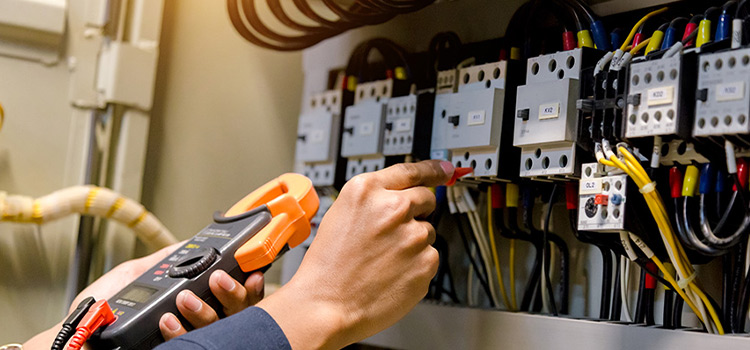
Can a Wire Carry a Current and Still Be Neutral
Yes, a current-carrying wire can still be neutral. Here’s how.
Does Neutral Wire Carry Current in Single Phase
In a single-phase electrical circuit, a wire that carries current in the opposite direction of the current flow in a hot wire is, in fact, the neutral wire. Therefore, in this case, the “neutral” label derives from the wire being at ground potential rather than having a total charge of zero.
Simply put, a neutral wire in a single-phase circuit has a connection to the ground, working as a return path for the current. Usually, you won’t get electrocuted by touching it even though it carries the same voltage as the hot wire.
Does a Neutral Wire Carry a Charge
The total number of electrons in a wire has to be constant at any given time despite current referring to the flow of charge. As stated earlier, a neutral wire carries charges but only to make sure the hot wire current finds a return path. Yet, the wire having a connection to the ground (considered a massive supplier of charge or electrons) does not hold any of it.
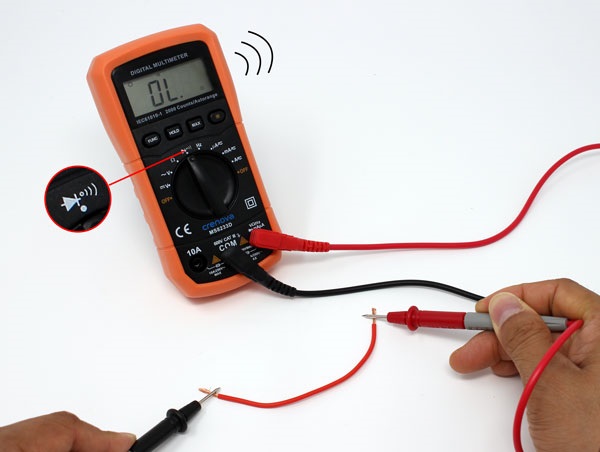
Does a Neutral Wire Carry Voltage
Although a neutral wire carries charge or current, it does not carry voltage. No matter how conflicting of a statement it might sound, the neutral wire is meant to create a null voltage point while guiding the current to return. Besides, the voltage of the active wires is measured relative to the neutral wire. So, it is safe to assume that neutral wires are conductors with zero voltage.
Frequently Asked Questions
Can the neutral wire give you a shock?
In any AC electrical circuit, the neutral wire will have an equal potential compared to the active wires. But since it has a connection to the ground, it does not require other conductors, the human body, in this case, to complete the circuit. So, the neutral wire will not shock you if you touch it.
Bottom Line
The core responsibility of the neutral wire is to complete the circuit and make sure the switch gets turned on. Meanwhile, it will carry the excess current back to the transformer, or source to be more precise, whenever the live (hot) wires are somewhat imbalanced. So, to conclude, a wire can carry current and still be neutral.
Subscribe to our newsletter
& plug into
the world of circuits
![How Many Outlets on a 30 Amp Circuit [Technically Explained]](https://www.circuitsgallery.com/wp-content/uploads/2023/09/How-Many-Outlets-on-a-30-Amp-Circuit.webp)
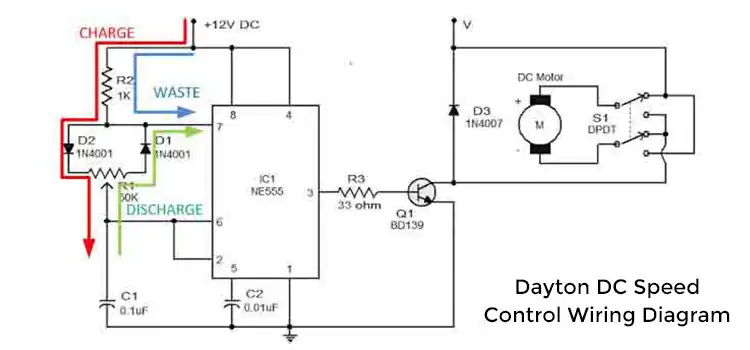
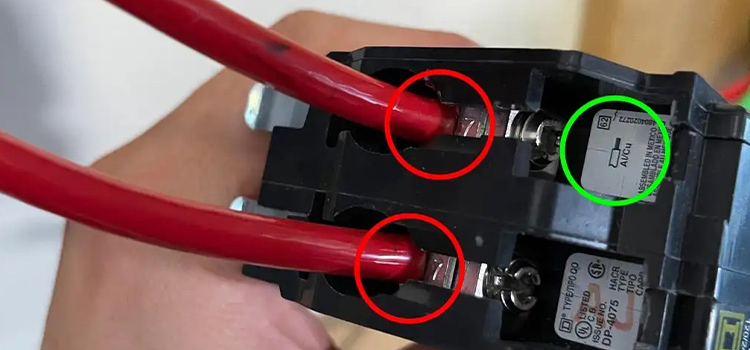
![How Many Watts Can A 200 Amp Panel Handle [Answered]](https://www.circuitsgallery.com/wp-content/uploads/2023/11/How-Many-Watts-Can-A-200-Amp-Panel-Handle.webp)
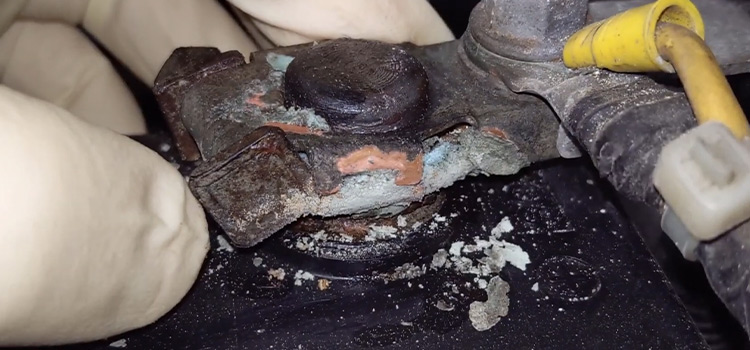
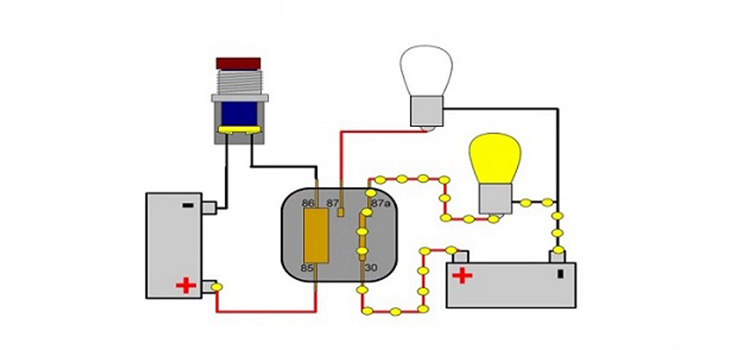
what are the dangers in an installation if the neutral wire of a 3phase generator carry current
If the neutral wire of a 3-phase generator carries current, several dangers can arise in the installation. Firstly, it can cause an imbalance in the system, leading to unequal distribution of current among the phases. This can result in overheating of electrical equipment and potential damage. Secondly, a fault in the neutral wire can cause voltage fluctuations and erratic behavior in connected appliances. Additionally, it can pose a safety hazard, as the neutral wire is typically grounded for protection against electric shock. Therefore, it is crucial to ensure proper functioning and adequate sizing of the neutral wire in a 3-phase generator installation.
Yes, a wire can carry a current and still be neutral. In electrical circuits, the concept of neutrality refers to the balance of positive and negative charges within the wire. Current flow is essentially the movement of electrons, but this doesn’t affect the wire’s overall neutrality, as long as the number of electrons entering and exiting the wire remains equal.